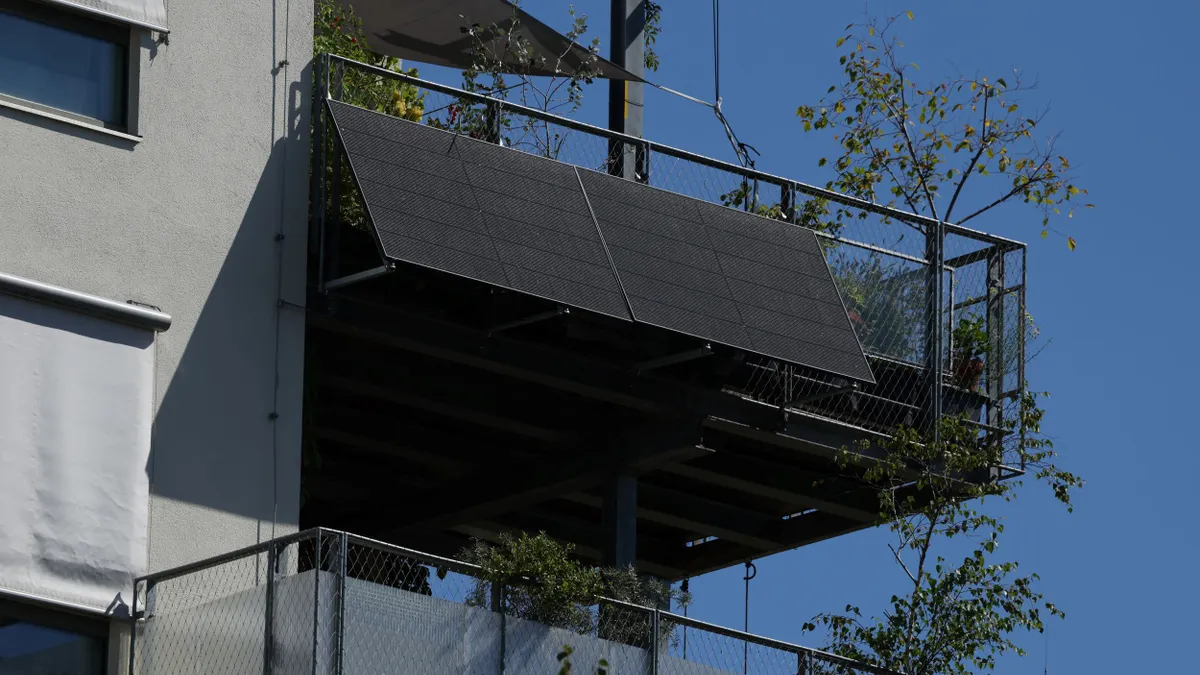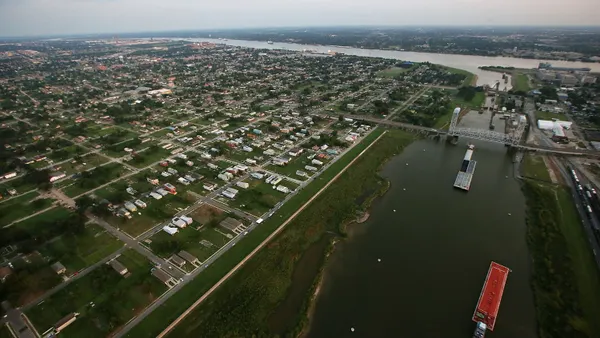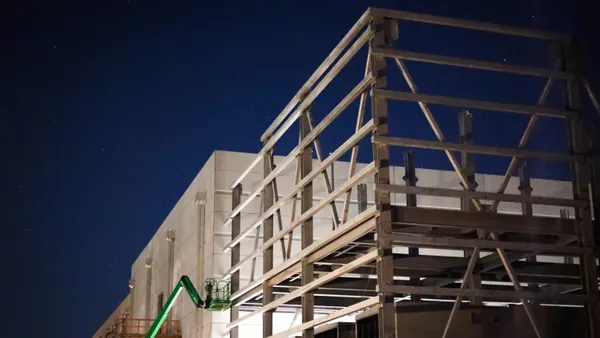Eight utility commissions in the Midcontinent Independent System Operator’s footprint are challenging the U.S. Department of Energy’s emergency order to keep a coal-fired power plant running in Michigan past its May 30 retirement date.
DOE failed to show that emergency conditions exist in the MISO footprint warranting its May 23 order directing Consumers Energy to delay retiring the 1,560-MW, J.H. Campbell power plant in West Olive, the Organization of MISO States said in a June 23 rehearing request to the department.
In its decision ordering the Campbell plant to run through Aug. 21, DOE cited the North American Electric Reliability Corp.’s 2025 Summer Reliability Assessment as the main evidence that there is an emergency in MISO, according to the rehearing request.
However, the OMS-MISO Resource Adequacy Survey, MISO’s 2025/2026 Planning Resource Auction, MISO’s summer readiness assessment and Consumers Energy’s plans do not show a regional reliability emergency, shortfall or an unmet reliability criterion that justifies reversing the approved power plant retirement, OMS said.
MISO’s most recent capacity auction cleared above its reserve margin target for this summer, the utility commissions noted. The auction cleared with a 10.1% summer reserve margin — a buffer above expected power supply needs — for MISO’s north and central regions compared to a 7.9% reserve target, according to MISO.
Also, NERC’s long term reliability and seasonal assessment have limited value due to the inconsistent data collection methods between regional transmission organizations, unverified data inputs and doubtful evaluation metrics, according to the OMS commissions signing the rehearing request.
“At their core, the NERC [Long Term Reliability Assessment] and seasonal assessments are undependable because they lack stakeholder input and verification,” the utility commissions said, noting they have been called into question in recent years.
Most recently, MISO’s independent market monitor raised his concerns about NERC’s assessments at a Federal Energy Regulatory Commission workshop this month and at a MISO board meeting, according to the rehearing request.
Afterwards, NERC found mismatched data for its 2024 LTRA, down-rated MISO’s reliability risk from “high” to “elevated” in the immediate years, and said it would make additional efforts to validate data with MISO and the Midwest Reliability Organization, the state utility commissions said.
DOE’s emergency order was arbitrary and capricious under the Administrative Procedures Act because it relied on unverified and inconsistent NERC data, failed to consider more accurate and recent regional data, and included no mechanism to revisit the decision based on events or actions within its 90-day period, the utility commissions said.
DOE has never before invoked its emergency authority under the FPA’s section 202(c) to suspend a power plant retirement and interfere with state and regional utility planning processes, according to the rehearing request.
“This expansive use of emergency powers sets a troubling precedent, enabling intervention in routine, state-approved planning decisions without an actual crisis and risks establishing its use to circumvent normal utility, RTO, and state processes, and likely exposes ratepayers to costs that should not be borne,” the utility commissions said. “Such preemptive action risks undermining the credibility of future emergency orders, distorting market signals, and eroding the statutory balance between federal and state authority.”
The rehearing request was made by utility commissions from Illinois, Indiana, Iowa, Kentucky, Michigan, Minnesota, New Orleans and Wisconsin. The commissions from Arkansas, Louisiana, Mississippi, Missouri, North Dakota, South Dakota and Texas abstained from voting on the rehearing request.
Public interest groups and Michigan’s attorney general have also challenged DOE’s order to keep the Campbell power plant operating.
















